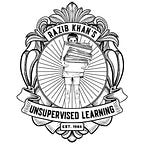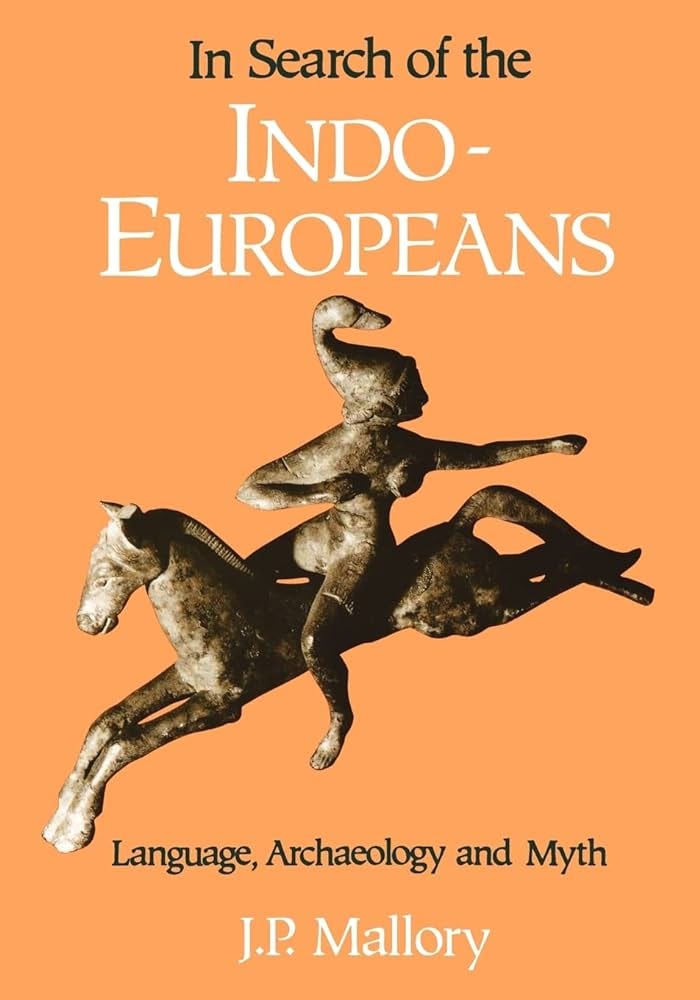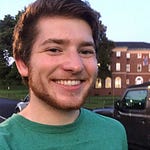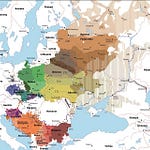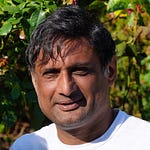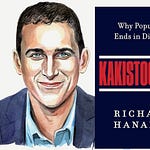If you have a sibling with autism, your future child’s risk for an autism diagnosis is increased by a factor of 2 to 3.5×. Orchid’s whole genome embryo reports can help mitigate your child’s risk by screening for over 200 genetic variants definitively linked to autism and other neurodevelopmental disorders. Discuss your situation with a genetics expert.
On this episode of Unsupervised Learning Razib welcomes back a returning guest, J. P. Mallory, to discuss his reaction to the recent preprint The Genetic Origin of the Indo-Europeans. Mallory is the author of In Search of the Indo-Europeans: Language, Archaeology, and Myth, The Oxford Introduction to Proto-Indo-European and the Proto-Indo-European World and The Tarim Mummies: Ancient China and the Mystery of the Earliest Peoples from the West. He is also a retired professor from Queen’s University Belfast in Northern Ireland. An archaeologist who trained under Marija Gimbutas, Mallory has long used linguistics to complement his disciplinary training in archaeology to understand the origin and location of Indo-European languages.
Though Mallory admires The Genetic Origin of the Indo-Europeans, he still thinks more work needs to be done to pinpoint the original homeland of the Yamnaya or their ancestors. The fact is that the preprint remains somewhat vague in its final conclusion, and more work is needed to make sure the populace acquires the same level of community. Mallory also discusses the challenges inherent in interdisciplinary work, synthesizing archaeology, linguistics and now genetics. He believes that a key to grasping the emergence of pre/proto-Indo-European is tracing lineage groups through their Y chromosomes, as the genetics, mythology and anthropology indicate that pre/proto-Indo-Europeans were quite patriarchal and patrilineal. Though Mallory is hopeful that we are making progress on the topic of Indo-Europeans he worries that the fraught situation of disciplinary rivalries will retard synergy, where archaeogenetics engages in excessive imperialism vis-a-vis archaeology and linguistics.

